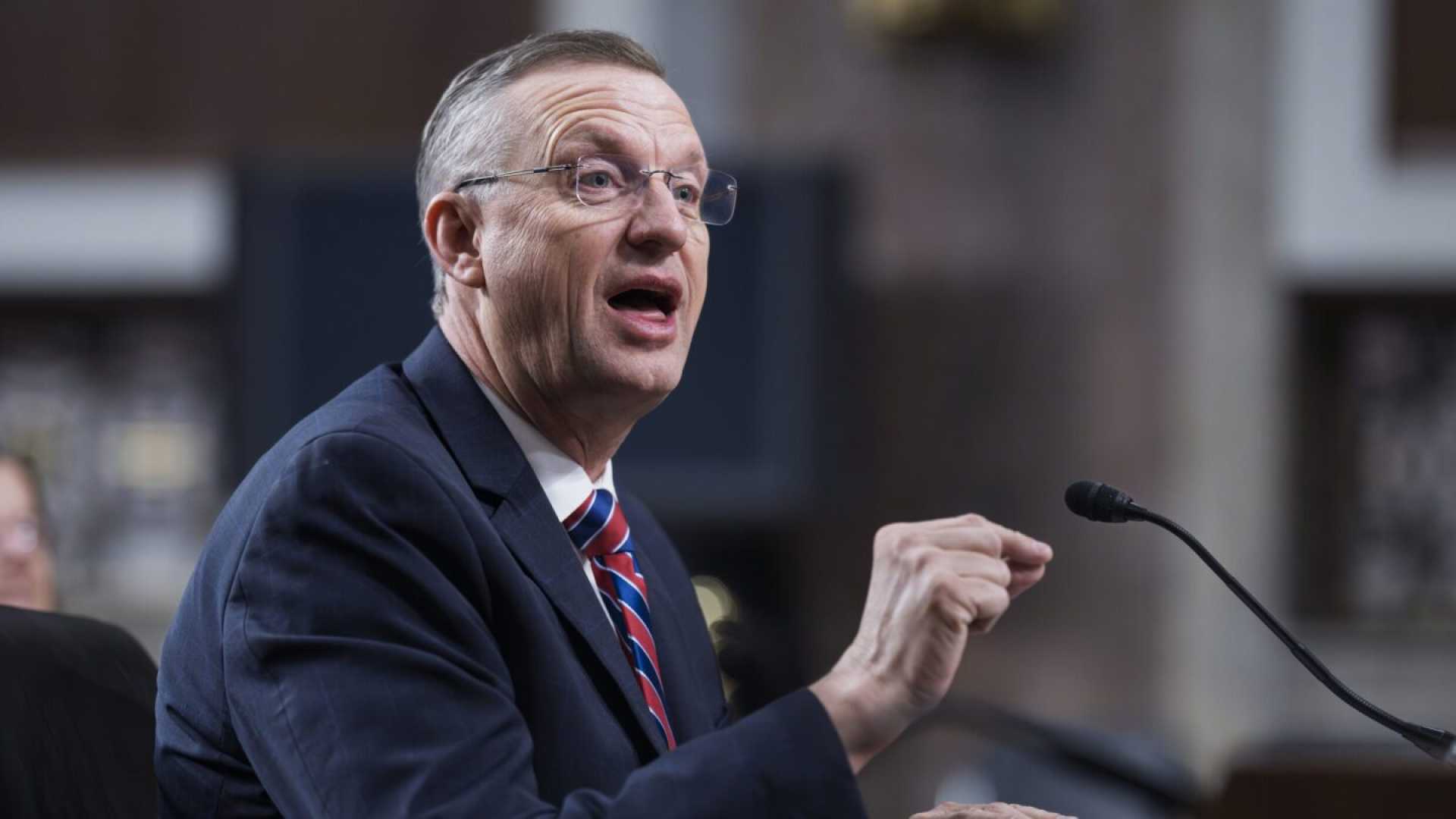Politics
Senate Advances Key Trump Nominees Amid Controversial Border Buoy Expansion

WASHINGTON, D.C. — The Senate Veterans Affairs Committee voted 18-1 on Tuesday to advance Doug Collins‘ nomination as secretary of veterans affairs to the full Senate, with Sen. Mazie Hirono, D-Hawaii, casting the sole dissenting vote. Collins, a former military officer, pledged during his confirmation hearing to prioritize bipartisan collaboration to address veterans’ needs.
Meanwhile, the Senate Banking Committee voted 13-11 along party lines to advance Scott Turner‘s nomination for Housing and Urban Development secretary. Democrats raised concerns over the lack of an FBI background check, but committee Chair Sen. Tim Scott, R-S.C., defended the decision to proceed, citing committee protocols.
In a separate development, Border Patrol is reportedly expanding the use of a controversial buoy system along the Rio Grande to deter migrant crossings. The system, installed under Texas Gov. Greg Abbott‘s administration, has faced legal challenges from the Biden administration and advocacy groups, who argue it increases drowning risks. Newly appointed Border Patrol Chief Mike Banks, a former Abbott advisor, is spearheading the expansion effort.
The Senate also advanced several other nominations, including Robert F. Kennedy Jr. for Health and Human Services secretary and Chris Wright for energy secretary. Wright’s nomination passed the Senate Energy Committee with bipartisan support, while Kennedy’s hearing is set for next week amid opposition from over 15,000 doctors.
On the international front, President Trump held his first call with Saudi Crown Prince Mohammed bin Salman, discussing regional security and economic cooperation. The administration also announced plans to deploy additional troops to the U.S.-Mexico border, pending congressional funding.
As the Senate prepares for further confirmation votes, including for CIA director John Ratcliffe and defense secretary nominee Pete Hegseth, Trump’s early actions signal a focus on immigration, energy, and trade policies that align with his “America First” agenda.












